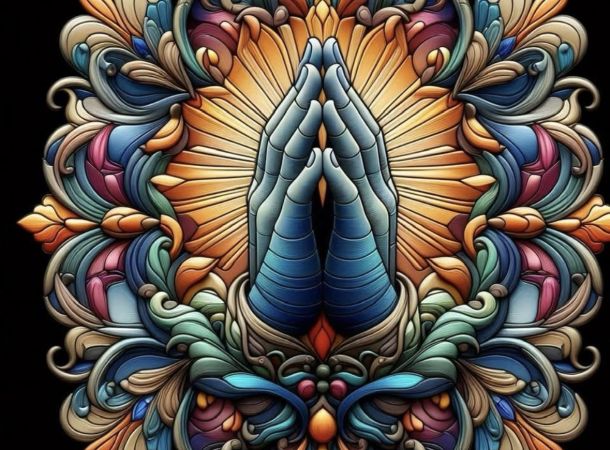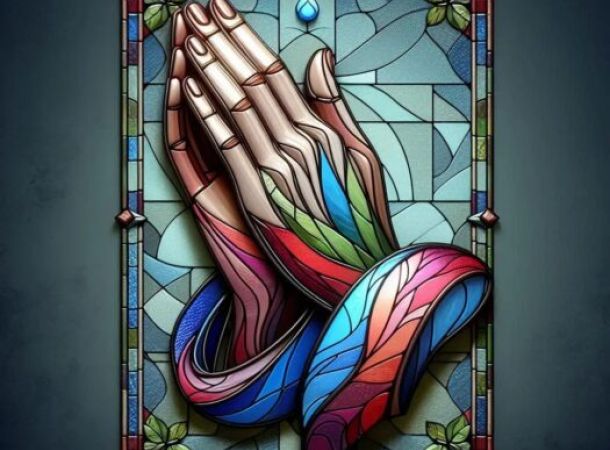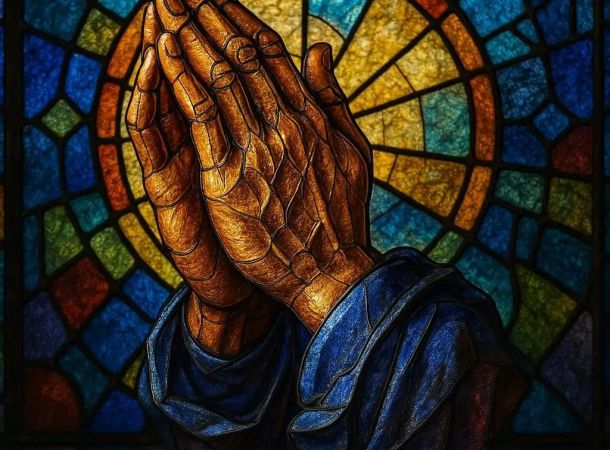Bread of Affliction
Here we are in the Torah Portion labeled Miketz, meaning “At the End Of.” Genesis 41:1-44:17 fills in more colorful details to Joseph’s story. Up to this point, Joseph had endured affliction for 13 years. When he was seventeen, he went looking for his brothers, who sold him into slavery, and he began his reign in Egypt at 30 (Gn 37.2 & 41.36). Suffering or affliction is an essential part of Joseph’s story that could be an enemy or a catalyst to freedom. Not one patriarch or matriarch of the faith escaped a season of suffering.
Genesis 41:51: Joseph called the name of the firstborn Manasseh (forgetfulness): “For God has made me forget all my toil and all my father’s house.” And the name of the second he called Ephraim (fruitfulness): “For God has caused me to be fruitful in the land of my affliction.
Do you think Joseph honestly forgot all his suffering and painful experiences? I don’t think so because he was human, and forgetting hurtful things is called blacking them out. Joseph expressed forgetfulness, like the experience of childbirth. Being one of the most painful processes for a woman, it is as if she forgets the pain when she sees the fruit of that labor. Not really, but the pain is minimized when consumed by the joy of a new life. This transformation from forgetfulness to fruitfulness in the midst of affliction is a powerful reminder that God can turn our suffering into something beautiful.
During Pesach or Passover, God commanded the Israelites to eat the “bread of affliction,” the name God gives to matzah or unleavened bread (Dt. 16.3). Towards the end of a Seder or Passover meal, after breaking the matzah into two pieces, it becomes the bread of freedom. Freedom is life, so the bread of liberty is essentially the bread of life. Since Joseph is a magnificent foreshadowing of Yeshua, his life paints a picture of what the Messiah’s life would entail. Joseph persevered through betrayal, slander, abuse, disappointment, loneliness, and many more internal struggles before Pharaoh exalted him to rulership where he gave grain, which we make bread from, to the known world. He gave them life. Like Joseph, the Holy One appointed Yeshua to eat the bread of affliction before becoming a King who gave the bread of life to the world, Himself. Did you know Bethlehem in Hebrew is Beit Lechem, meaning the House of Bread? You cannot make this stuff up! The Bread of Life was born in the House of Bread.
John 6:48 & 51: I am the bread of life. I am the living bread, which came down from heaven. If anyone eats this bread, he will live forever. This bread is My flesh, which I will give for the life of the world.
Afflictions, trials, testing, and struggles can be adversarial if we are not rooted in love. They can be enemies, causing bitterness, unforgiveness, hatred, victimhood, and oppression to thrive.
Mark 4:16-17: These are the ones sown on rocky ground. When they hear the word, immediately they receive it with joy. And they have no root in themselves but last only a short while. When trouble or persecution comes because of the word, immediately they fall away.
Ephesians 3:17-19: So that Messiah may dwell in your hearts through faith. I pray that you, being rooted and grounded in love, may have strength to grasp with all the kedoshim (holy ones) what is the width and length and height and depth, and to know the love of Messiah which surpasses knowledge, so you may be filled up with all the fullness of God. (bold accents added)
Romans 8:35: Who shall separate us from the love of Messiah? Shall tribulation, or distress, or persecution, or famine, or nakedness, or danger, or sword?
How many of the above afflictions did Joseph endure? All of them. Joseph experienced tribulation or trials; distress is a word the brothers used to describe his cries for help in the pit; he was persecuted with slander and lies by Potiphar’s wife, and he survived a famine. Joseph was naked in a way when his brothers stripped him of his covering, and danger or sword is an image of the threat of death. Yet he never let these experiences separate him from the love of God.
Psalm 139:9-12: Where can I go from Your Spirit? Or where can I flee from Your presence? If I ascend into heaven, You are there; If I make my bed in hell (sheol or the pit-like the pit Joseph was thrown into), behold, You are there. If I take the wings of the morning and dwell in the uttermost parts of the sea, even there, Your hand shall lead me, and Your right hand shall hold me. If I say, “Surely the darkness shall fall on me,” even the night shall be light about me. Indeed, the darkness shall not hide from You, but the night shines as the day; The darkness and the light are both alike to You.
Yeshua, the Bread of Life, saved us through suffering. He became fruitful in the land of his affliction, just like Joseph (Gn 41:52).
Hebrews 5:8: Though He was a Son, He learned obedience from what He suffered.
Psalm 119:71: It is good for me that I have been afflicted, that I may learn Your statutes.
Many religions attempt to minimize suffering, while others blame their parents, surroundings, or the devil for all their woes. Joseph never blamed anyone, not his brothers who plotted evil against him, not his dad for not saving him, not Potiphar’s wife for being a weirdo, not the Ishmaelites who sold him into slavery, not rebellious angels or even bad luck. Instead, he saw the hand of God in his life and recognized that all things are for the good of those who love and fear the Holy One. We may not understand what He is doing, and it may not feel good while He is doing it, but we can know beyond a shadow of a doubt that God is good and everything He does produces life in and around us.
Romans 8:28: Now we know that all things work together for good for those who love God, who are called according to His purpose.
The Ancient bread-making process entailed separating the wheat from the chaff, grinding the grain into flour, setting the flour and water mixture into a fire, and then eating it as fuel for life. When we begin to walk in covenant, the Holy One separates us from dead things, and then we are afflicted, tested, or refined through spiritual grinding. We all go through the fire, where the things that keep us in an internal prison burn, and the end product is living bread that gives life to others.
2 Corinthians 4:17: For our light affliction, which is but for a moment, is working for us a far more exceeding and eternal weight of glory.




Leave a Reply